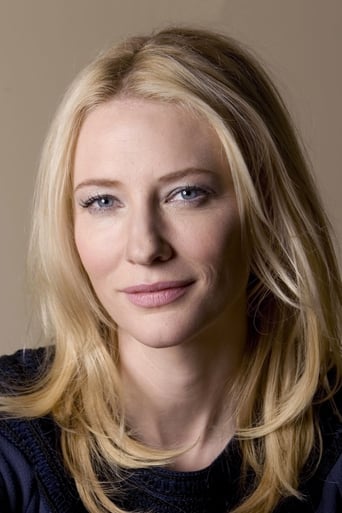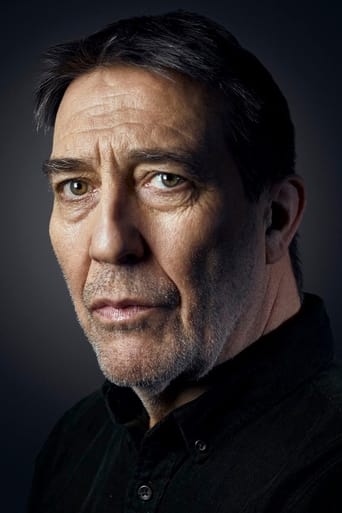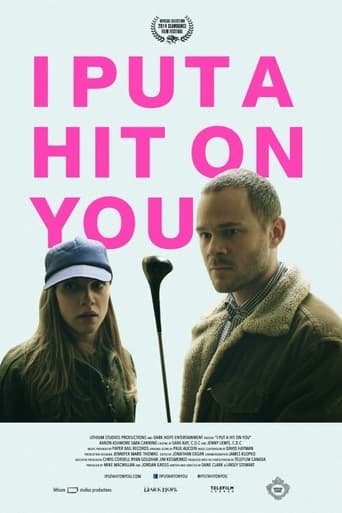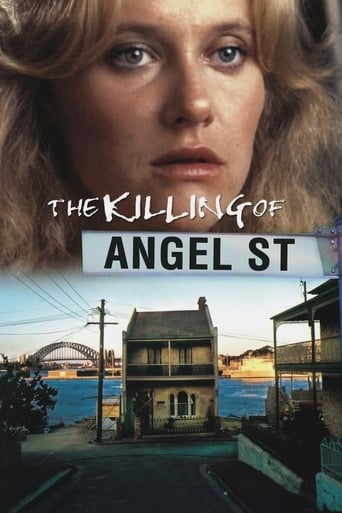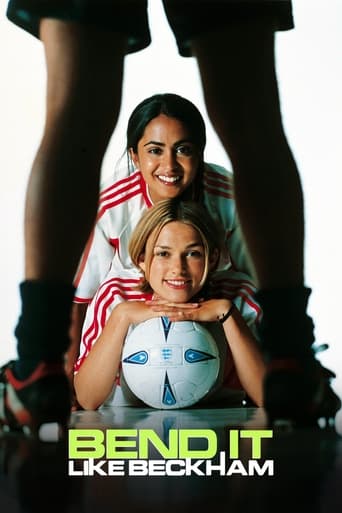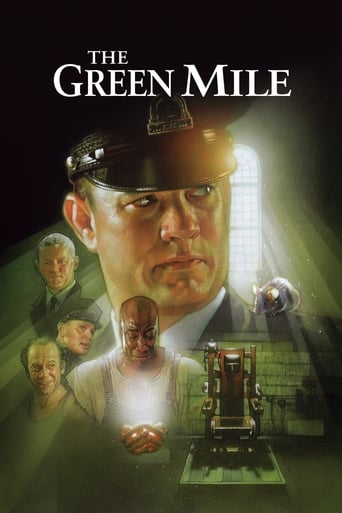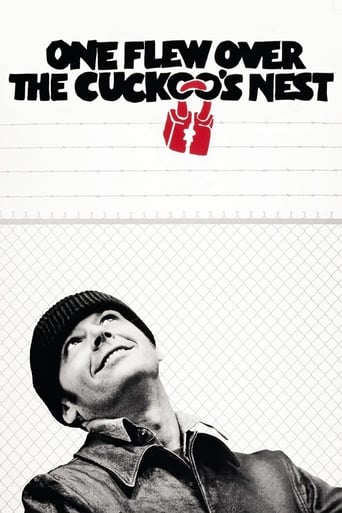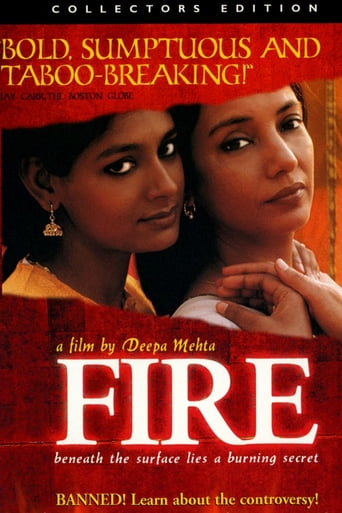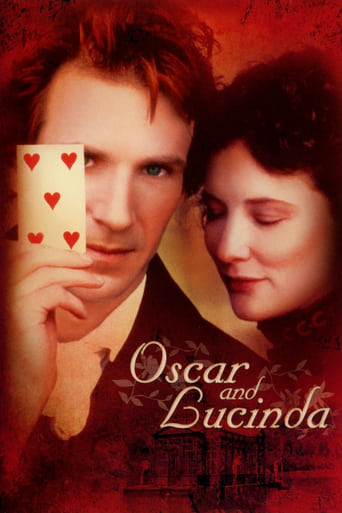
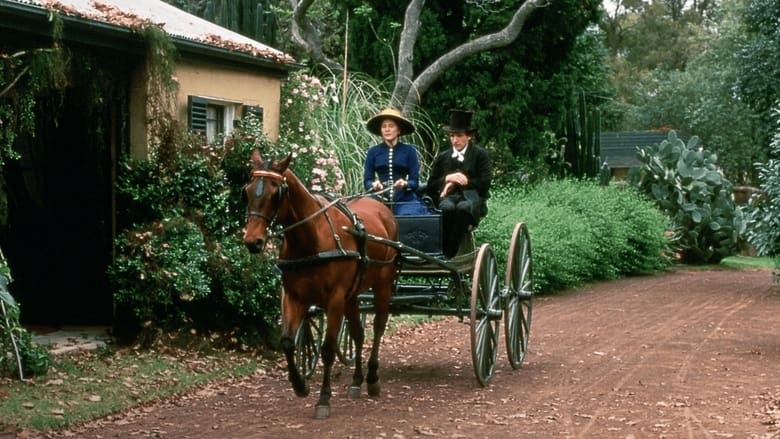
Oscar and Lucinda (1997)
After a childhood of abuse by his evangelistic father, misfit Oscar Hopkins becomes an Anglican minister and develops a divine obsession with gambling. Lucinda Leplastrier is a rich Australian heiress shopping in London for materials for her newly acquired glass factory back home. Deciding to travel to Australia as a missionary, Oscar meets Lucinda aboard ship, and a mutual obsession blossoms. They make a wager that will alter each of their destinies.
Watch Trailer
Cast
Similar titles
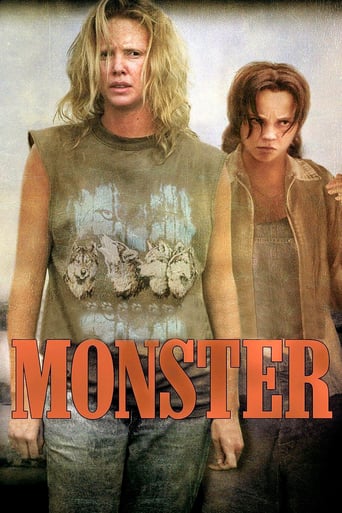
Reviews
I love this movie so much
Excellent but underrated film
This is one of the few movies I've ever seen where the whole audience broke into spontaneous, loud applause a third of the way in.
The acting in this movie is really good.
It's the 19th century New South Wales, Australia. Oscar Hopkins rebels against his strict father as a child and runs away to Anglican priest Hugh Stratton (Tom Wilkinson). He studies to be a priest in England. He (Ralph Fiennes) is always an outsider to his classmates. He doesn't fit and is addicted to gambling. Lucinda Leplastrier (Cate Blanchett) receives a large inheritance which she uses to buy a glass factory in Sydney. They both find themselves as outsiders in society. They are both avid gamblers and transport a glass church to Revered Dennis Hasset (Ciarán Hinds) in a remote settlement.These are two stellar performances of oddball characters. The flow of the story does jump around a bit. The narrative is somewhat disjointed which is usually due to trying to squeeze a novel down to a movie. Once the two leads get together, it's a fascinating combination. These are also such odd unconventional characters. Oscar is a tightly wound ball of neuroses. Lucinda is much better by comparison and is really a woman looking for liberation. The differing views on gambling is weirdly compelling. The performances and the strange situations add together for a fascinating movie.
I love Cate Blanchett and also admire Ralph Fiennes's acting skills. They are both superb actors and i was thrilled to see them together in a film. But i do wish they would've picked a more interesting project.This movie was so mind numbingly slow and boring that it's a disgrace to their careers (in my humble opinion).Sometimes movie can be a bit of a bore plot-wise, but it might have something in it that makes it worth your while. Actors do a magnificent job with character development; music score is specially outstanding or cinematography very good etc. Well, this movie was completely average. Acting was OK etc, but all in all i consider these two hours a waste of time. The movie left me no emotions - except maybe perhaps a pressing wish to go to IMDb.com and write a warning review.5/10 points
*Oscar and Lucinda* is based on a brilliant, though very tough-to-adapt, novel by Peter Carey. It is a small miracle that director Gillian Armstrong succeeded so magnificently. (I'm giving all the credit to her: the end-credits tell us that the script was developed by the "Australian Film Commission" or something, whatever that is. I doubt that they were actually on the set.) For all you young filmmakers out there dreaming of making a Big Epic with Big Themes, I urge you to watch this movie right now, and learn how to construct a narrative out of the most rambling source material. The two titular characters -- one starting out in England, the other in Sydney, Australia -- don't even meet until about 40 minutes into the film; it's all the more impressive that we don't feel impatient for this meeting, realizing that their connection will occur as a result of the natural and logical development of the story. Aside from Oscar and Lucinda, Armstrong also has to manage about 8 or 9 other characters who will be crucial to the plot. Each character is introduced just when they need to be: the process is never hurried or confusing. As all the elements of narrative and character come together, we realize Armstrong has created nothing less than an art of cinematic fugue tantamount to genius.Budding filmmakers may also want to take notes on Armstrong's judicious use of voice-over narration in the film. The Narrator pipes up only when he needs to, providing crucial information or the occasional bit of witty commentary. ("In order that I exist, two gamblers -- one obsessive, the other compulsive -- must declare themselves.") It's also marvelous how the Narrator himself, seemingly so omniscient, becomes the very culmination of the story. In other words, the Narrator is a key element, rather than a superfluous chatterbox -- the case of most movie narrators.The story is set in the 1850's, revolving around a saintly young Anglican minister (Ralph Fiennes) who, trying to escape his gambling addiction, takes a ship to Australia. On board, he meets Lucinda (Cate Blanchett), an ahead-of-her-time independent businesswoman from Sydney who is returning home after a buying expedition for her glass-works factory. She is also nursing a gambling problem. Naturally, the two misfits form an immediate bond. Upon arriving in Sydney, Oscar promptly wrecks his ministry before it even gets started when he's caught playing cards with his new friend. Adding to his woes, he believes that Lucinda is in love with ANOTHER minister (Ciaran Hinds) who has already been run out of town -- banished to the church-less frontier -- because of his friendship with her. (Beautiful and single and a gambler, Lucinda is a sort of eye of a hurricane -- only her wealth keeps her from getting tarred and feathered, apparently.) The naif Oscar, despite all indications that his affection for her is reciprocated, hits upon a new wager: he bets Lucinda that he can deliver a glass church to Hinds via a dangerous overland journey across the continent. The stakes? Each other's inheritance . . . and, for Oscar, ultimate proof that he loves Lucinda more than any man.This is a wonderful story, chock-full of some pretty startling ideas -- for instance, that religious faith itself is little more than a cosmic gamble -- and immersed in the visual symbols of water (i.e., Death) and glass (declared here as a solid form of liquid). The two symbolic motifs converge near movie's end, when Fiennes sits alone in the glass church as it floats down a river -- truly a magnificent sight to see that would justify a dozen lesser movies than this one. One review below mine judged this as "overdone": but it seems to me that if you aren't impressed with this image, then you just don't like the movies, sorry. I also differ with the general opinion that the climax of the film is intolerably depressing. It seems to me that God saves the saintly Oscar from an unhappy life shared with someone he could never love. True saints can never be with us for very long: they set examples for us, but they're soon called home to God. In any case, the movie's symbolism was telling you all along what Fiennes' fate would be.Sorry for the long review, but this is a great film. Let me conclude by saying that Fiennes has never been better than here, perhaps because he's not handsomely and sulkily brooding, for once: Oscar is a true oddball, and Fiennes handles him delicately. Excellent work. And this movie also introduced us to the great Cate Blanchett, who has more than lived up to the promise that she manifested here.9 stars out of 10.
Based on Australian novelist, Peter Carey's award-winning book, Oscar and Lucinda, this is a faithful period piece about iconoclasts and their attempt to find love and purpose in strait-laced society despite their fears and obsessions.Ralph Fiennes and Cate Blanchett have glorious, quirky chemistry in the title roles. Ralph Fiennes is such a mercurial actor that while watching this film, it's hard to believe this is the same man that played Amon Goeth in Schindler's List and Charles Van Doren in Quiz Show.Cate Blanchett was discovered by Director Shekhar Kapur and awarded the title role in Elizabeth as a result of her natural, unforced acting in this little-seen Gillian Armstrong film. Brilliantly adapted, visually stunning, and (above all) extremely well-acted this is a film that it would be sad to miss.

